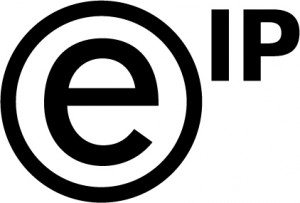Do you have any advice for anyone wanting to work as a Trainee Patent Attorney?
Most patent attorney firms require applicants to complete an entry application, rather than submit a covering letter. These applications tend to ask applicants to write a few paragraphs on what attracts them to the profession etc. My main piece of advice would be to use this as an opportunity to show off your written communication skills, as this is essential for the role. To illustrate, practically all of my role has involved drafting letters to either the UK or European patent offices, various types of clients, or foreign patent attorneys. For most candidates, a strong academic background will be a given. Firms will therefore be looking for a demonstration of effective written communication skills, particularly (but not exclusively) involving the concise and accurate verbal description of technical features.
What are your main duties/roles in your current position?
The majority of my current work involves drafting responses to examination reports. An examiner in a patent office examines the patentability of an invention and will provide a summary of objections outlining whether they can or cannot legally grant a patent based on the application in its current state. My job involves assessing these objections. Subsequently, I am given a case (often by a training partner) and I will read the application’s specification so that I fully understand the applicant’s proposed invention. I will then look at the examiner’s objections, which will often make reference to other documents (i.e. known as ‘prior art’), which I will also read. After discussing the case with my training partner, we will jointly assess whether the examiner’s objections are justified. At this point (if there is basis for doing so) we might then advise the client on how to amend the application to overcome the examiner’s objections. During the examination stage of a patent application, there may be several rounds of correspondence between us and the patent office spanning many months. Typically in a week I might be working on three different examination reports for completely different patent applications.
What advice would you give prospective applicants?
You should demonstrate your written/oral communication skills, particularly outside of academia. For instance, having done a PhD in Physics, I was keen to mention that I had been involved in the annual ‘Physics at Work’ Exhibition in Cambridge. This is an educational outreach programme in which I gave talks and demonstrated scientific concepts to visiting secondary school students as part of a research-exposé at my departmental laboratory. Such examples will also make for an interesting talking point in any interview.






